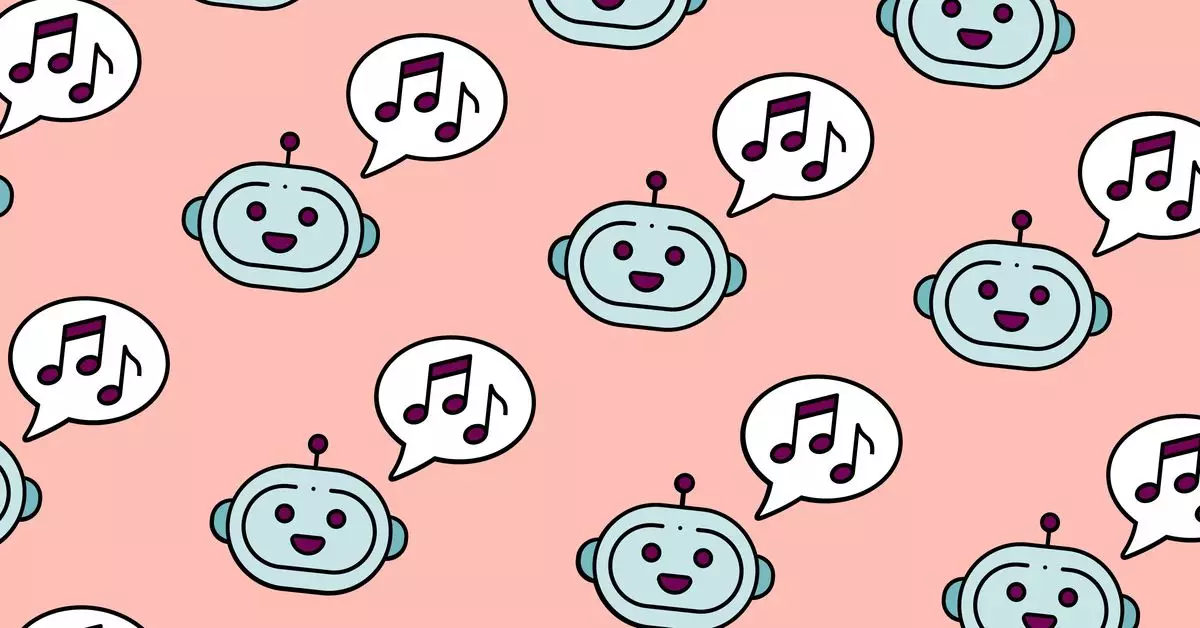The ongoing copyright battle between AI music startups Suno and Udio and major record labels has taken a new turn, with the startups accusing the record labels of attempting to stifle competition within the music industry. The lawsuits, raised by the Recording Industry Association of America (RIAA) in June, allege that Suno and Udio have committed copyright infringement involving the unlicensed copying of sound recordings on a massive scale. Both companies have admitted to training their music-generating AI models on copyrighted materials, arguing that it falls under the fair-use doctrine. The RIAA is seeking damages of up to $150,000 for every work infringed.
Suno and Udio’s AI music generation tools allow users to produce songs by typing in written descriptions. However, the RIAA claims that some of the tracks generated by these tools contain vocals that sound identical to those by famous artists like Bruce Springsteen, Michael Jackson, and ABBA. While Suno stated that its music generator had been used 12 million times since its launch in December 2023, both companies believe that the lawsuits brought against them highlight the music industry’s opposition to competition.
In response to the accusations, both Suno and Udio have defended their use of copyrighted materials in training their AI models. Udio argued that their actions fall under fair use and are designed to encourage new artistic expression, not prohibit it. Suno, on the other hand, compared its model training to a kid learning to write new rock songs by listening to rock music, emphasizing that learning is not infringing on copyrighted materials. The companies believe that their tools enable people to make their own new creations and should be protected under copyright law.
The use of fair-use doctrine to defend against copyright infringement lawsuits is not new, with many AI companies attempting to justify their actions through this legal principle. However, the RIAA argues that Suno and Udio failed to obtain appropriate consent to use copyrighted works before bringing their tools to the market, unlike competing services like YouTube. They believe that there is nothing fair about stealing an artist’s life’s work, extracting its core value, and repackaging it to compete directly with the originals.
As the legal battle between AI music startups and major record labels continues, the implications for the music industry are significant. The debate over fair use, copyright infringement, and competition within the industry raises critical questions about the future of music creation and distribution. While both sides have valid arguments, finding a balance between protecting artists’ rights and encouraging innovation in music technology remains a challenging task. It is clear that this copyright battle is far from over, and its outcome could have far-reaching consequences for the music industry as a whole.


Leave a Reply